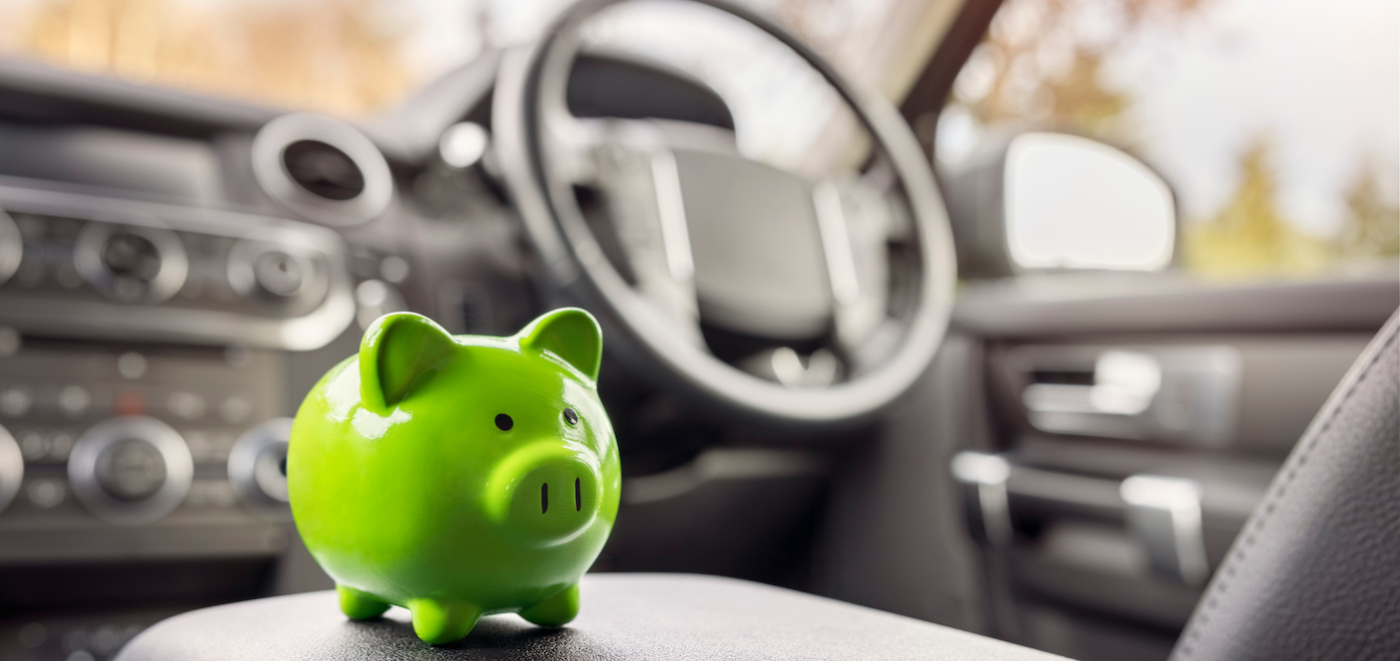Car Leases Are Harder To Find Than Ever
.jpg)
In this economy, it has become abundantly clear that things have changed drastically in the auto industry. Many of the big names are on the verge of bankruptcy while others are bringing innovation to the forefront in terms of new cars and technology to save the environment. In the midst of this, car shoppers are facing a tough task in choosing the right vehicle and getting their hands on it.
Over the past decade or more, many people have chosen to lease cars as opposed to buying them. Simply put, leasing a car allows you to make fixed monthly payments for a set term for a vehicle that roughly mirrors the expected depreciation of that auto. At the end of the term, you return the vehicle to the dealership. So, while you pay monthly payments to use the car, it works almost like a long term rental but is economically fair for you and the dealer as the depreciation is paid for by you. Of course, the true financial model typically leaves the lessee (the consumer) with a higher residual value than the car is actually worth at the end of the term. That gives the lessor (car company) an advantage when they receive the car back at the end of the term as the lessee typically pays more depreciation than the car has actually depreciated. On top of that, playing with other items such as the money factor gives the lessor an advantage. All in all, it wasn’t such a bad deal for either party – until now.
You may have noticed (if car shopping recently) that most of the big U.S. auto makers have halted leasing as an option on their automobiles. A car buyer used to have the choice of buying a Jeep Grand Cherokee for a fixed price or paying a monthly lease fee. The practice has stopped for many reasons. Number one, the actual depreciation is only one piece of the pie. With gas prices rising and so many people out of work, it is easy to forecast parking lots full of returned lease vehicles that have terrible fuel efficiency and lower demand. That means, their actual values will fall and the auto makers/dealers will be left holding the bag as consumer demand dries up. Number two, many of the car companies do not even know if they will be in business in the future to receive those vehicles and try to sell them in the aftermarket or lease them off to a car rental company. Number three, technology may change entirely with mass produced hybrids where these older gas vehicles will be worthless. And number four, American cars have been eclipsed by Japanese and German players in terms of holding their value and overall consumer satisfaction (and even gross sales!). So, all in all, it is a case of very poor visibility for the U.S. auto industry. Many of the more solvent international players are still leasing as their vehicle line visibility is high.
So, what does this mean? The already teetering auto manufacturers have one less way to make a sale and one more reason to lose that sale to a Japanese car company. Consumers who are typically lessees, will shun the U.S. car companies. If a car company does not have faith in the value of their vehicles and the overall economy – enough to halt leasing programs – why should the buck be passed to the consumer to have faith in the value of the vehicle and the overall economy? This will be an interesting few years or more for the automotive industry. It is interesting to note that the auto insurance players still seem to be advertising in a big way in the midst of this industry shake up. Lease or buy, we all need car insurance and we all need to get auto insurance quotes to see how much we can save on our monthly payments.
